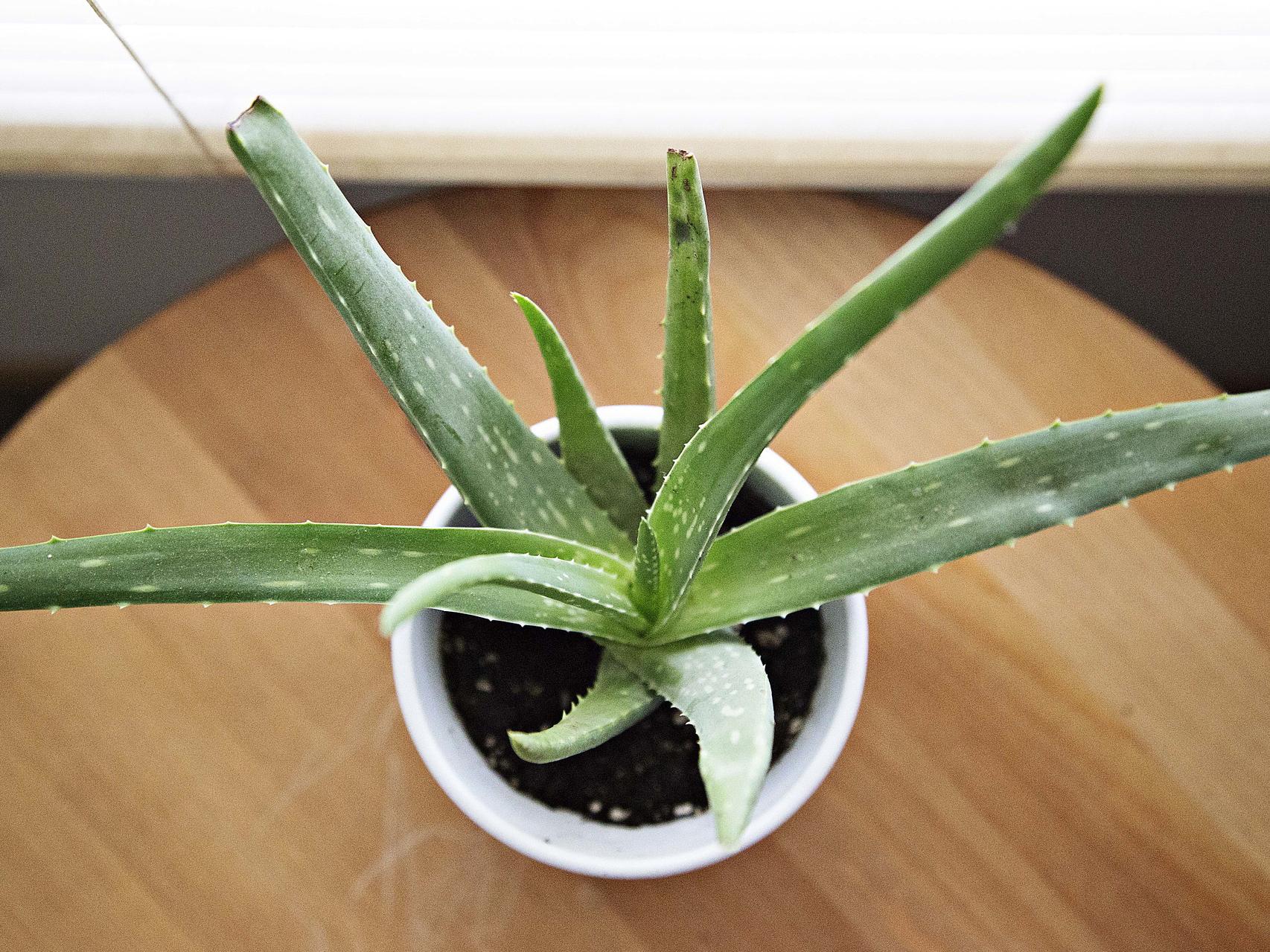20 pledges for 2020: How to make your own sustainable and ethical beauty products during lockdown
Truly ethical and sustainable beauty brands aren't easy to find. Can Jessica Jones go a whole year without using anything else?

Your support helps us to tell the story
From reproductive rights to climate change to Big Tech, The Independent is on the ground when the story is developing. Whether it's investigating the financials of Elon Musk's pro-Trump PAC or producing our latest documentary, 'The A Word', which shines a light on the American women fighting for reproductive rights, we know how important it is to parse out the facts from the messaging.
At such a critical moment in US history, we need reporters on the ground. Your donation allows us to keep sending journalists to speak to both sides of the story.
The Independent is trusted by Americans across the entire political spectrum. And unlike many other quality news outlets, we choose not to lock Americans out of our reporting and analysis with paywalls. We believe quality journalism should be available to everyone, paid for by those who can afford it.
Your support makes all the difference.Completely over-hauling my skincare routine to make it environmentally sustainable has not been an easy task. For a start, I didn’t realise just how many products I use everyday and every week.
On top of this, finding sustainable and ethical replacements is usually neither cheap nor a straightforward trip to the shops, with most store-bought products being packed full of parabens, preservatives, silicones, and synthetics.
To make it even more confusing, a lot of these chemical products, designed specifically with a long shelf life in mind, are labelled as ‘natural’ in order to appeal to an ever increasing consumer demand for ‘natural beauty’ - a concept which has become something of a trend in recent years.
But just how natural is ‘natural’? Many products labelled as such yet still containing many chemicals that inevitably end up accumulating in our ecosystems because they cannot break down.
Others are really made from natural ingredients but are produced as fast and as cheap as possible, causing an unsustainable draining of non-renewable resources. And it’s not just the environment that is at stake. Dirty human rights issues are revealed in cases like the use of child labour in Indian Mica mines. The natural beauty trend is not as clean as it might first appear.
In a bid to purge my beauty cabinet of these kinds of conventional beauty products I decided to take a look for products that were as raw as possible whilst still being produced sustainably. Pure, single ingredient products from ethical suppliers, which are often smaller brands with shorter supply chains.
Essential oils, although not without their problems if they are harvested in large quantities, are much better than other ‘unnatural’ chemicals because they break down in the environment and do not pollute it. I’ve always seen various oils in products used around my home - lavender oil in baths, argan oil on hair, coconut oil in cooking, the list goes on… Recently my sister showed me how she uses jojoba oil mixed with Aloe vera to moisturise her face.
For me, it was not just about buying tons of new products. We already had coconut, jojoba and castor oils (good for moisturising dry skin and hair), lavender oil (good for relaxation and sleep) and even Aloe vera, which I managed to extract directly from the plant itself (with the added bonus that there is no packaging and new leaves grow back).
Whilst I know this will not be the case for everyone, it could be as simple as swapping your ‘natural’ body moisturiser with all its chemicals in plastic packaging for a recycled glass jar of coconut oil - a truly natural product.
I wanted to try something new so I made a facial toner for normal-oily skin out of 3 parts water, 1 part Witch Hazel, combined with 20 drops of Sweet Orange oil and a teaspoon of honey.
There are plenty of ideas and recipes out there and a quick online search returns thousands of results for all the various raw substances you can use in their many different ways; as makeup removers, moisturisers, massage oils, in baths and shampoo or as a diffuser scent. Just make sure to use a carrier oil such as coconut, jojoba or sweet almond alongside any essential oil before applying to the skin or hair to avoid causing irritation.
Join our commenting forum
Join thought-provoking conversations, follow other Independent readers and see their replies
Comments